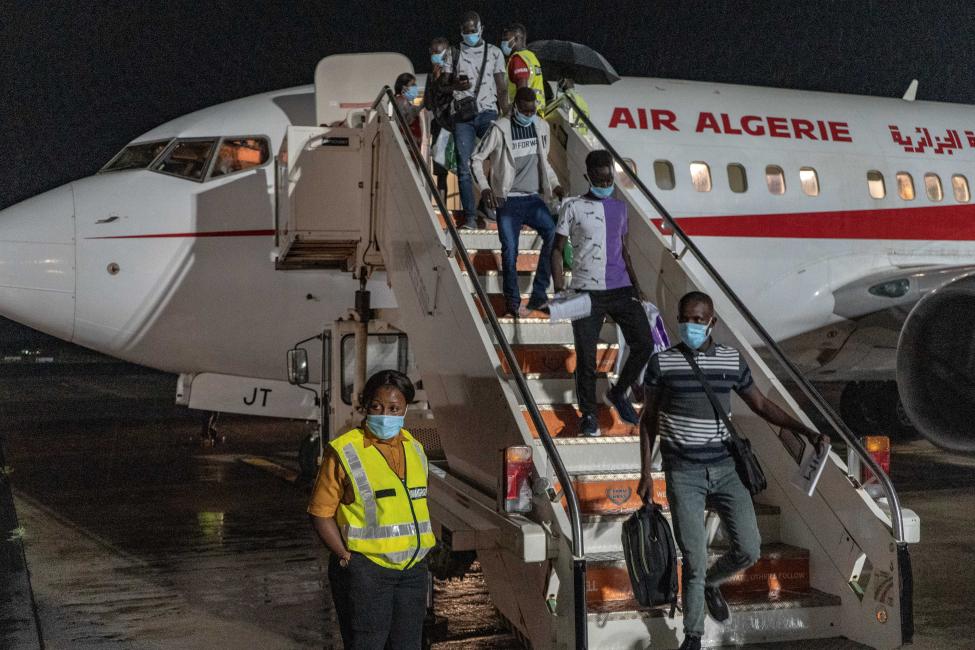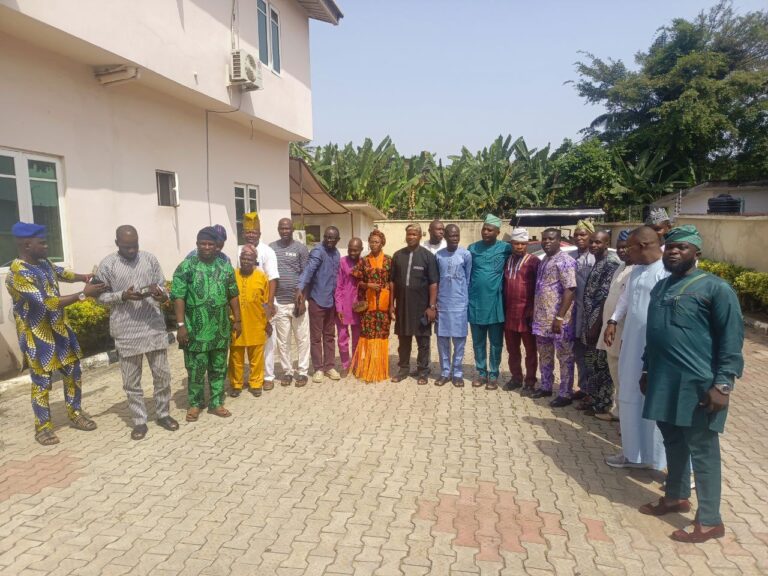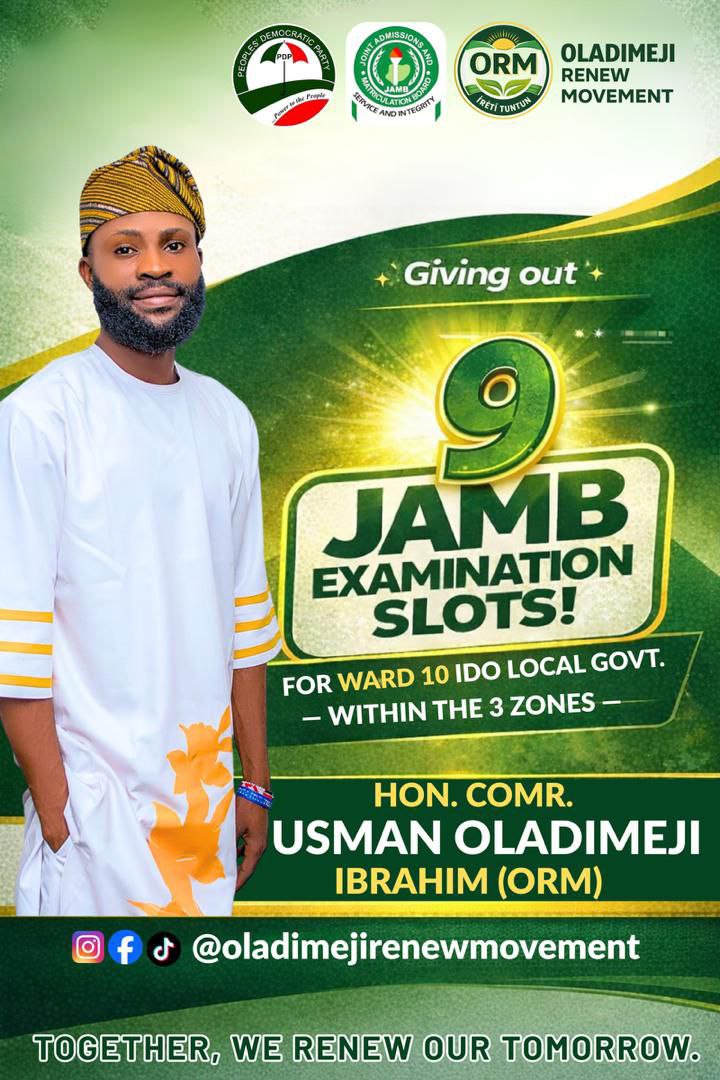
As part of ongoing efforts to support stranded Nigerian migrants abroad, the International Organisation for Migration (IOM), in collaboration with the Federal Government of Nigeria, has facilitated the voluntary return of 104 Nigerians from Algeria.
The returnees arrived on Sunday, June 30, 2025, at the Murtala Muhammed International Airport, Lagos, via an Air Algerie flight with flight number 70-BKT. The aircraft touched down at the cargo terminal of the airport at approximately 1:50 p.m.
The repatriation exercise was coordinated by the Lagos Operations Office of the National Emergency Management Agency (NEMA), working in close partnership with the Nigerian Immigration Service, the Port Health Services, the National Commission for Refugees, Migrants and Internally Displaced Persons (NCFRMI), and other humanitarian and security agencies.
A breakdown of the returnees shows a total of 80 adult males, 14 adult females, two male children, five female children, and three infants. Many of them had been stranded in Algeria for months, some for years, after failed attempts to migrate to Europe through irregular routes.
Upon their arrival, the returnees were received and processed through a standard protocol that included biometric registration and verification by the Nigerian Immigration Service. Medical personnel from the Port Health Services were also on ground to conduct health screenings to identify any urgent medical needs.
In addition to health services, the returnees were provided with immediate humanitarian support including freshly prepared meals, drinking water, hygiene kits, and clothing. Ambulance services were on standby to attend to vulnerable individuals, including mothers with infants and those requiring emergency medical attention.
The exercise was conducted in line with international best practices and under the framework of the IOM’s Assisted Voluntary Return and Reintegration (AVRR) programme, which supports migrants who wish to voluntarily return to their home countries but lack the means to do so. The programme ensures that returns are carried out in a safe, dignified, and orderly manner.
Speaking at the reception point, a NEMA official explained that the programme not only helps to reduce the risk of exploitation, human trafficking, and abuse that many irregular migrants face, but also gives returnees a fresh start back home.
“This coordinated effort is part of the broader commitment by the Federal Government to ensure that stranded Nigerians are brought back safely and supported in rebuilding their lives. We are also working with IOM and other development partners to ensure proper reintegration and follow-up assistance,” the official added.
Returnees will subsequently be enrolled in reintegration programmes tailored to help them reintegrate into society. These may include vocational training, business setup support, psychosocial counselling, and community development initiatives. The aim is to empower returnees economically and socially, and reduce the likelihood of re-migration.
It would be recalled that just two weeks earlier, on June 18, another group of 147 Nigerian returnees were brought back from Agadez in Niger Republic under a similar voluntary repatriation arrangement. That operation also formed part of the ongoing regional response to irregular migration and trans-Saharan migrant vulnerability.
Officials at the reception urged the returnees to embrace the opportunities available within Nigeria and discouraged others from embarking on dangerous journeys in search of greener pastures through irregular migration.
The Federal Government, through agencies like NEMA, NCFRMI, and the Ministry of Humanitarian Affairs and Poverty Alleviation, continues to partner with international bodies to ensure that Nigerian migrants abroad are treated humanely and given adequate support when returning.
With growing regional migration challenges and increased efforts at international cooperation, the Assisted Voluntary Return programme remains a vital lifeline for vulnerable Nigerian migrants seeking a safe and hopeful return home.






